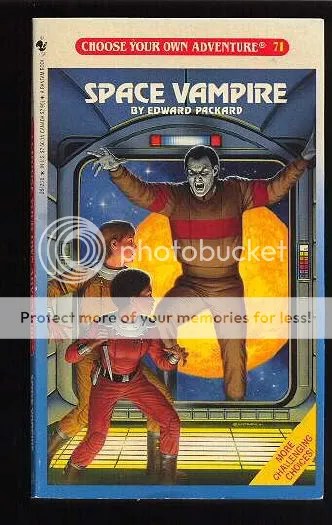“…Pursuing an artistic career gives you permission to divorce your sense of self-worth from the economic marketplace.” – Rahul Kanakia
I was raised in a household that tied together self-worth, the value of any given activity, and finances. Being able to be financially independent was seen as the pinnacle of achievement. Education was important, but primarily as a means to an end, the end being making money. (Why my maintaining a 4.0 grade point average was so important therefore becomes a bit of a mystery, since my family couldn’t afford to send me to a prestigious university, student loans were frowned upon, and being able to get all A’s has very little to do with earning money outside of school. But I digress.)
I remember the revelation my senior year of high school when I met a musician who made ends meet with a variety of accompaniment gigs and modeling for art students. I had no idea that was a choice people could make: that money, instead of being the entire goal, could merely be the means to an end, the end in this case of being an artist. My whole conception of what my life could be changed.
But even so, the insidious feeling that the financial returns of an activity and its worth were linked persisted. In my father’s eyes, I didn’t feel like my music was terribly important until it became my means of supporting myself. I was forbidden from even considering pursuing a BM (Bachelor of Music) in college instead of a BA in case it affected my future job prospects. (As it turns out, it wouldn’t have made any difference.) I always had doubts as to whether I was a real musician until I opened up my music studio and it became successful.
Of course, that was all very silly. Being a musician is much more about attitude than it is about money. Many musicians never make any money at all through their music. Similarly, being a writer is more a state of mind than anything else. It has to do with discipline and dedication, time spent and patience to practice, and the personal importance of it. The identity of being a writer has very little to do with money.
At this point, I have, as Rahul puts it, divorced my sense of self-worth from the economic marketplace. I am grateful that I was taught the skills to be financially responsible, but I don’t believe who I am and how I feel about myself should have anything to do with where my money comes from or how much money I have.
Ultimately, attaching our self worth to anything outside of ourselves is a risky business. The kind of self esteem that endures through the ups and downs of life comes from inside. The outside will disrupt it, of course, but so often that interference turns out to be only noise.
Being an artist is useful not so much for finding a substitute to tie to self worth (a recipe for unhappiness in the tumultuous world of rejections, revisions, and critics). Instead, being an artist can inspire us to ask questions that allow us to make different choices about our relationships with ourselves.
What is your relationship with money? How much does it affect how you feel about yourself?









